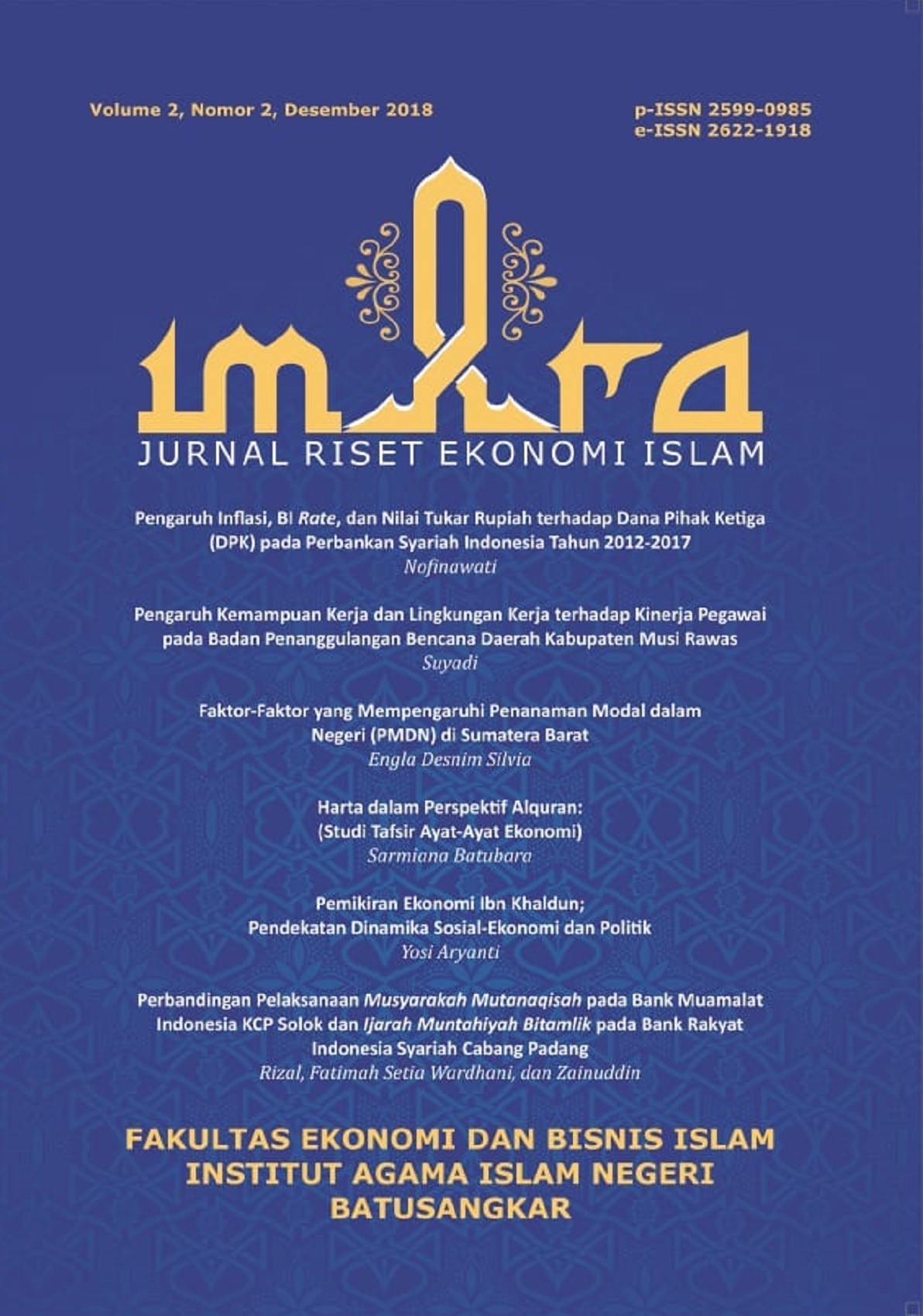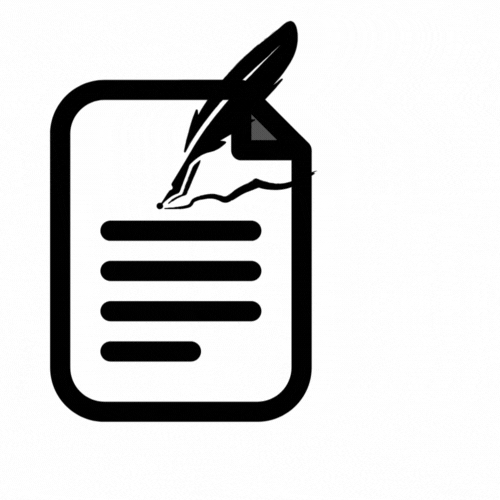IndonesiaÔÇÖs Halal Industry Development Strategy; The Road Map Toward the Global Halal Hub Industry
DOI:
https://doi.org/10.31958/imara.v8i1.10977Keywords:
Halal Industry, Halal Tourism, Product Certification, Development Strategies,Abstract
Background. Indonesia, the largest Muslim-majority country globally, is positioning itself as a leader in the halal industry. With over 270 million people, nearly 87% of whom are Muslim, the demand for halal products and services is significant. This substantial domestic market forms a robust foundation for Indonesia's ambitions to expand its halal industry globally.
Purpose. This study examines the development of Indonesia's halal industry, the associated challenges, and potential strategies for advancement.
Method. The research employs a qualitative descriptive method, analyzing data from various sources, including the State of the Global Islamic Economy, the Indonesian Ministry of Industry, the Indonesian Ministry of Trade, and other relevant organizations. The study also incorporates a review of literature, including books, essays, and other works, to support the findings.
Results. The study finds that Indonesia has the potential to become a global hub for the halal sector, provided it undertakes necessary reforms and modernization efforts. Key strategies identified include digitizing halal marketing through e-commerce, implementing a ÔÇ£Halal Recognition SystemÔÇØ with barcode scanning technology, and updating the halal certification system.
Conclusion. The Indonesian government must take decisive action to become the global leader in the halal industry. These include developing applications for identifying halal products, promoting halal travel via e-commerce platforms, and creating halal industry centers.
References
Nusantara, M. I. (2021). Mozaic:
Islam Nusantara.
Mozaic: Islam
Nusantara, 7(1), 1-
Paisal, J. (2021). Peran Ulama
dalam Masyarakat
Aceh dari Masa
Kemasa. At-Tanzir:
Jurnal Ilmiah Prodi
Komunikasi Penyiaran
Islam, 89-104.
Wahid, A. (2020). Pola Peran
Ulama Dalam Negara
Di Aceh. Madania:
Jurnal Kajian
Keislaman, 17(1), 85-
Zuhrah, F. (2016). Pergeseran
Peran dan Posisi
Ulama pada
Masyarakat Melayu di
Tanjung Pura
Kabupaten Langkat.
Hikmah: Journal of
Islamic Studies, 12(1),
-106.
Downloads
Published
How to Cite
Issue
Section
License
Copyright (c) 2024 rafiqah rafiqah

This work is licensed under a Creative Commons Attribution-NonCommercial 4.0 International License.
Authors who publish with this journal agree to the following terms:
- Authors retain copyright and grant the journal the right of first publication with the work simultaneously licensed under?áa Creative Commons Attribution-NonCommercial 4.0 International License?áthat allows others to share the work with an acknowledgment of the work's authorship and initial publication in this journal.
- Authors are able to enter into separate, additional contractual arrangements for the non-exclusive distribution of the journal's published version of the work (e.g., post it to an institutional repository or publish it in a book), with an acknowledgment of its initial publication in this journal.
- Authors are permitted and encouraged to post their work online (e.g., in institutional repositories or on their website) prior to and during the submission process, as it can lead to productive exchanges, as well as earlier and greater citation of published work.









